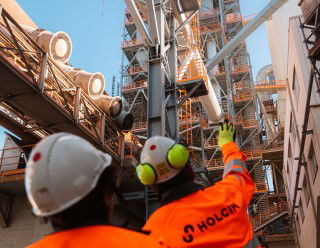ABB has released a white paper "Achieving the Paris Agreement: The Vital Role of High-Efficiency Motors and Drives in Reducing Energy Consumption" that reveals the potential for significant energy efficiency improvements in industry and infrastructure enabled by the latest and most high-efficiency motors and variable speed drives. ABB is calling on governments and industry to accelerate adoption of the technology to help combat climate change.
According to the International Energy Agency (IEA), industry accounts for 37 per cent of global energy use and some 30 per cent of global energy is consumed in buildings. Motor and drive technologies have seen exceptionally rapid advancement in the past decade, with today’s innovative designs delivering remarkable energy efficiencies. However, a significant number of industrial electric motor-driven systems in operation today – in the region of 300m globally – are inefficient or consume much more power than required, resulting in monumental energy wastage.
Independent research estimates that if these systems were replaced with optimised, high-efficiency equipment, the gains to be realised could reduce global electricity consumption by up to 10 per cent. In turn, this would account for a significant reduction in greenhouse gas emissions needed to meet the 2040 climate goals established by the Paris Agreement.
"Industrial energy efficiency, more than any other challenge, has the single greatest capacity for combatting the climate emergency. It is essentially the world’s invisible climate solution." said Morten Wierod, president ABB Motion.
To take advantage of the tremendous opportunities afforded by energy efficient drives and motors to reduce greenhouse gas emissions, ABB says all stakeholders have a critical role to play:
• Public decision makers and government regulators need to incentivise their rapid adoption
• Businesses, cities, and countries need to be aware of both the cost savings and environmental advantages and be willing to make the investment
• Investors need to reallocate capital towards companies better prepared to address the climate risk.
